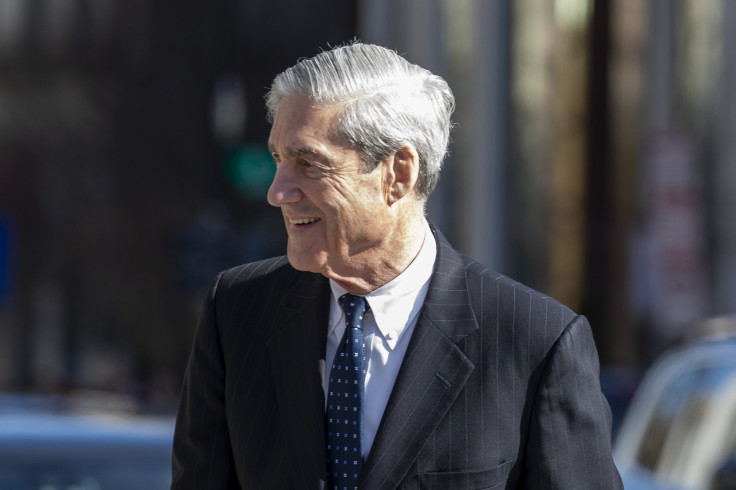Mueller Hearings: Key Moments From His Appearance Before Congress, As Impeachment Talk Lingers

After months of investigations, indictments and even a public statement on May 29, former special counsel Robert Mueller appeared Wednesday before the House Judiciary and Intelligence committees.
To little surprise, Mueller provided limited additional information beyond the report he submitted to the Department of Justice on March 22, often deferring to the report's text and defending the steps taken in the probe.
However, there was plenty to digest from the hearings.
Key Moments From His Testimony
Mueller provided two important quotes: "The finding indicates that the president was not exculpated for the acts that he allegedly committed," and when he said "yes" to Rep. Ken Buck's question of "You believe that you could charge the president of the United States with obstruction of justice after he left office?"
In perhaps a minor victory for Trump, Mueller said that the special counsel's office "did not reach a determination as to whether the President committed a crime."
But when Rep. Val Demings of Florida asked if it was "fair to say that the president’s written answers were not only inadequate and incomplete because he didn’t answer many of your questions? But where he did, his answers showed that he wasn’t always being truthful?” Mueller replied, "Generally."
Mueller also dismissed Trump's claims of a "witch hunt."
Key Moments From House Members
Rep. Adam Schiff, D-Calif., the chairman of the intelligence committee, seemed like a big winner in the hearings. He had one notable exchange with Mueller and delivered sharp opening and closing comments.
Schiff: “I gather you believe knowingly accepting foreign assistance during a presidential campaign is an unethical thing to do.”
Mueller: “And a crime in given circumstances."
Schiff: "...also unpatriotic."
Mueller: "True."
In his opening comments, Schiff delivered a powerful statement about the importance of the Mueller probe.
Said Schiff: "Your investigation determined that the Trump campaign -- including Trump himself -- knew that a foreign power was intervening in our election and welcomed it, built Russian meddling into their strategy, and used it.
"Disloyalty to country: those are strong words. But how else are we to describe a presidential campaign which did not inform the authorities of a foreign offer of dirt on their opponent, which did not publicly shun it, or turn it away, but which instead invited it, encouraged it, and made full use of it?"
As for the Republicans, both Rep. Jim Jordan of Ohio and Rep. Devin Nunes of California pushed for Mueller to address information about Joseph Mifsud, a Maltese professor who some conservative outlets believe played a major role in the investigation and could be part of a "deep state."
What Mueller Didn't Do
There were limited opinions or recommendations from Mueller throughout the hearing. He was often short with answers and reverted to the report whenever possible, that it "spoke for itself." Most importantly, his testimony may not have provided a defining reason for Democrats to proceed with impeachment.
CNN's Frida Ghitis provided what many would probably describe as the consensus opinion of Mueller's testimony.
"Mueller has offered a compelling but cloudy answer to questions about the president’s actions. For a country eager to see some resolution, he stubbornly refuses to offer with clarity his own professional judgment," Ghitis wrote.
What's Next?
While Trump remains in office despite 11 possible instances of obstruction of justice outlined in Mueller's report, the Democrats may reconsider impeachment. Schiff, meanwhile, stated that the Democratic investigations will continue.
Trump may also have to contend with the Southern District of New York, which is reportedly carrying out a series of probes into the president, including questions about his inaugural committee.
© Copyright IBTimes 2024. All rights reserved.






















